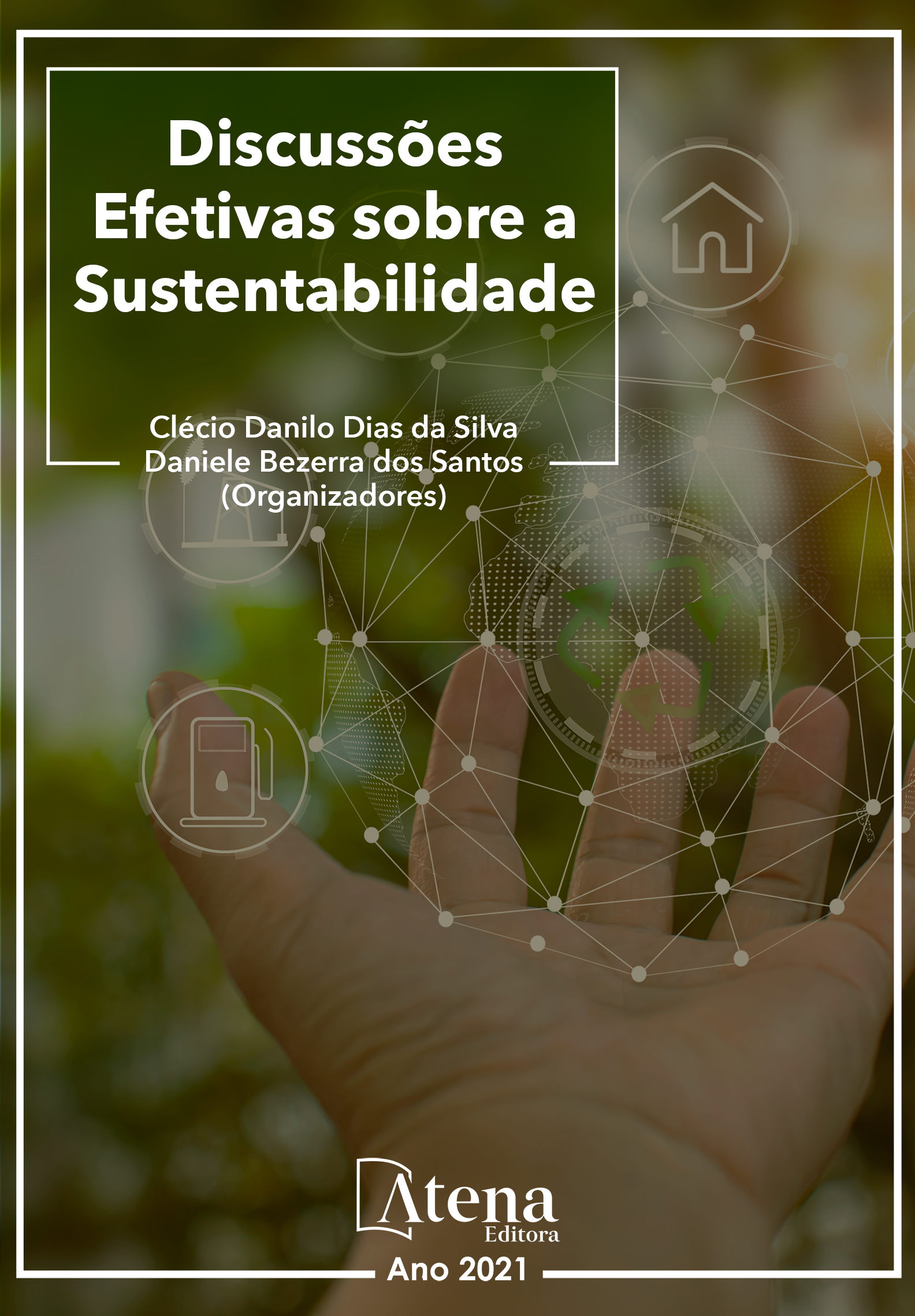
EDUCAÇÃO AMBIENTAL NA ESCOLA: UMA ALTERNATIVA PARA O DESENVOLVIMENTO SUSTENTÁVEL
O presente artigo propicia reflexões no que diz respeito à mudança de padrões nas relações humanas com o mundo globalizado, à alteração nos hábitos de consumo e à degradação ambiental que isso ocasiona. O crescimento populacional, o aumento significativo de produtos industrializados e o consumo exacerbado têm relação direta com a produção de resíduos gerados e descartados no ambiente; assim como a exploração do ambiente natural, as mudanças climáticas e outros fatores que acabam por degradar o ambiente. Faz-se referência à mudança de cultura e de comportamento da sociedade neste século XXI, com considerações acerca deste novo sujeito, forjado pelo bombardeamento excessivo de informações e cercado de novos equipamentos e tecnologias que se tornam obsoletas em um curto espaço de tempo. Menciona-se a substituição do contato entre as pessoas por toques em telas de aparelhagens eletrônicas, com conversas coletivas, concomitantes, através de inúmeras conexões em rede; contudo de forma individual e distante. Nesses novos tempos, compreender-se e entender o meio no qual estamos inseridos é fundamental; por isso, a importância de estudar-se sobre a Educação Ambiental. Como forma de ratificar e verificar cronologicamente acontecimentos associados ao tema são apresentadas algumas diretrizes, tais como: a I Conferência Intergovernamental sobre Educação Ambiental; a Constituição Federal de 1988; a criação do Instituto Brasileiro do Meio Ambiente; a Portaria 678 do Ministério da Educação; e, por fim, a Conferência sobre Meio Ambiente realizada pela Organização das Nações Unidas. Menciona-se, ainda, à amplitude do termo Educação Ambiental, que abarca aspectos ecológicos, éticos, políticos, sociais e econômicos, assim como a formação de indivíduos responsáveis. Finaliza-se o artigo fazendo relação da Educação Ambiental e a escola, apontando-se a mesma, como viés positivo na formação de cidadãos conscientes, responsáveis e comprometidos com a coletividade, bem como no exercício da cidadania em prol de um desenvolvimento sustentável.
EDUCAÇÃO AMBIENTAL NA ESCOLA: UMA ALTERNATIVA PARA O DESENVOLVIMENTO SUSTENTÁVEL
-
DOI: 10.22533/at.ed.21921033114
-
Palavras-chave: Educação Ambiental. Escola. Sustentabilidade.
-
Keywords: Environmental Education. School. Sustainability.
-
Abstract:
The article provides reflections about the changes of the standard human relations with the globalized world, the change in consumption habits and the environmental degradation that this causes. Population growth, the increase in industrialized products manufactures and excessive consumption of them are directly related to the accumulation of garbage, generated and discarded by human beens in the environment; as well as the exploration of the natural resources, climate changes and other factors that end up degrading the environment. Also, reference is made to the changing culture and behavior of the actual society, composed of what we call the postmodern subject, built by a massive receipt of information and surrounded by new equipments and technologies that become obsolete in realy short time. It is made a mention about the replacement of personal relations, intermediated by electronic devices, with virtual and collective conversations, in social medias; however, these connections are made at a distance and without physical interaction. In these new times, understanding and studying the environment in which we are inserted, it is fundamental; therefore, the importance of the Environmental Education at schools. As a way of ratifying and verifying chronologically events associated with the theme are presented some guidelines: the I Intergovernmental Conference on Environmental Education; the Brazil Federal Constitution of 1988; the creation of the Brazilian Environment Institute; Ordinance 678 of the Brazil Ministry of Education; and, finally, the Conference on the Environment, organized by the United Nations. An extension of the term Environmental Education is also mentioned, term which includes ecological, ethical, political, social and economic aspects, as well as the formation of environmentally responsible individuals. The article ends diagramming the relationship between Environmental Education and the school, pointing it as a positive way in the formation of conscious citizens, responsible and committed to the community and with the exercise of citizenship for sustainable development.
-
Número de páginas: 11
- Israel Caberlon Maggioni
- Maria Celeste Caberlon Maggioni


